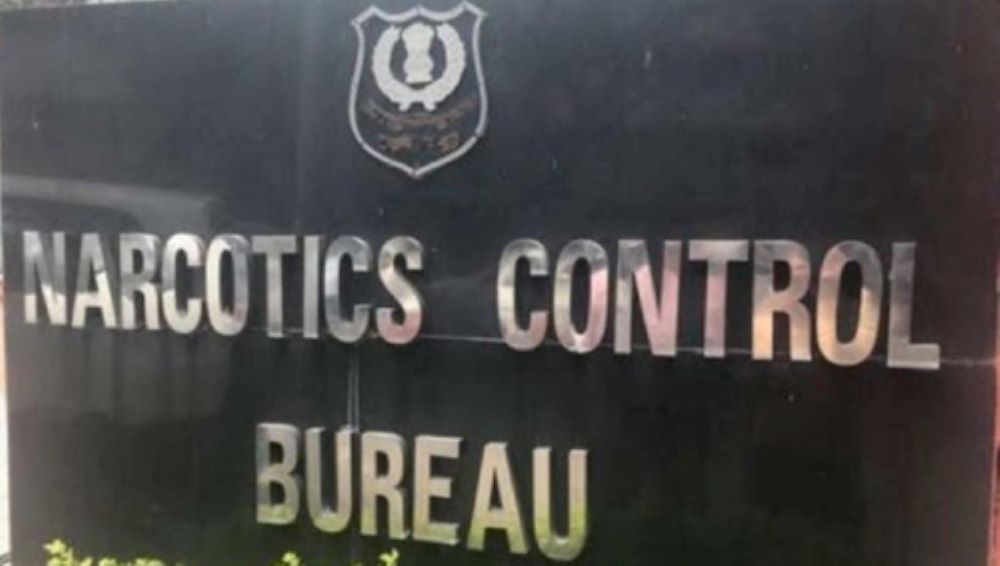LI Network
Published on: October 26, 2023 at 17:03 IST
In a recent ruling, the Gujarat High Court has addressed the issue of an accused seeking bail on the grounds that the Narcotics Control Bureau (NCB) failed to record confidential information in the general diary.
The court clarified that the NCB is not classified as a police station and, as a result, an accused cannot use the absence of such recordings as a basis for bail.
The ruling, delivered by Justice Umesh A Trivedi, stemmed from a case involving a seizure by the NCB’s Ahmedabad Unit near the Adalaj Toll Plaza. Acting on prior information, authorities conducted a search on a traveler bus en route from Delhi to Mumbai.
This operation led to the discovery of 6.359 kilograms of Charas, a quantity considered commercial. The contraband was found in the joint possession of the applicant and other co-accused in a red-colored bag with an identification mark as detailed in the panchnama.
The applicant’s counsel argued that the NCB officers are obligated to record information related to cognizable offenses in a police station’s general diary, citing Lalita Kumari v. Govt. of U.P. & Ors. (2014). However, after a thorough examination of the case and arguments presented by both parties, the court found that the seizure of Charas from the bag carried by the applicant and a co-accused indicated joint possession.
The court emphasized that the bag contained clothing belonging to both individuals and a commercial quantity of Charas, as confirmed in the panchnama, making it clear that the applicant could not be presumed innocent and was likely guilty under the NDPS Act.
Regarding the identification of the accused through photographs without a test-identification parade, the court clarified that the identity of the accused was not disputed in this case. The accused was arrested on the spot in possession of a commercial quantity of Charas, witnessed by two individuals. Any later identification through photographs was merely for corroboration and considered valid.
The Court also addressed the absence of outward/inward numbers and the lack of a seal from a higher officer on the piece of paper containing the prior/secret information. It stressed that these technicalities should be determined during the trial, as they do not affect the central issue of the accused’s possession of a commercial quantity of Charas.
The Court further highlighted the legal presumptions related to culpable mental states and the burden of rebutting these presumptions placed on the accused in such cases.
In light of the presence of a commercial quantity of Charas in the applicant’s joint possession, the court concluded that bail could not be granted, as there was a reasonable belief that the accused was not innocent. Consequently, the application for bail was rejected, and the applicant was not released.
Case Title: Muhammad Tayyab Shaikh S/O Muhammad Nihal Shaikh Versus Union Of India

